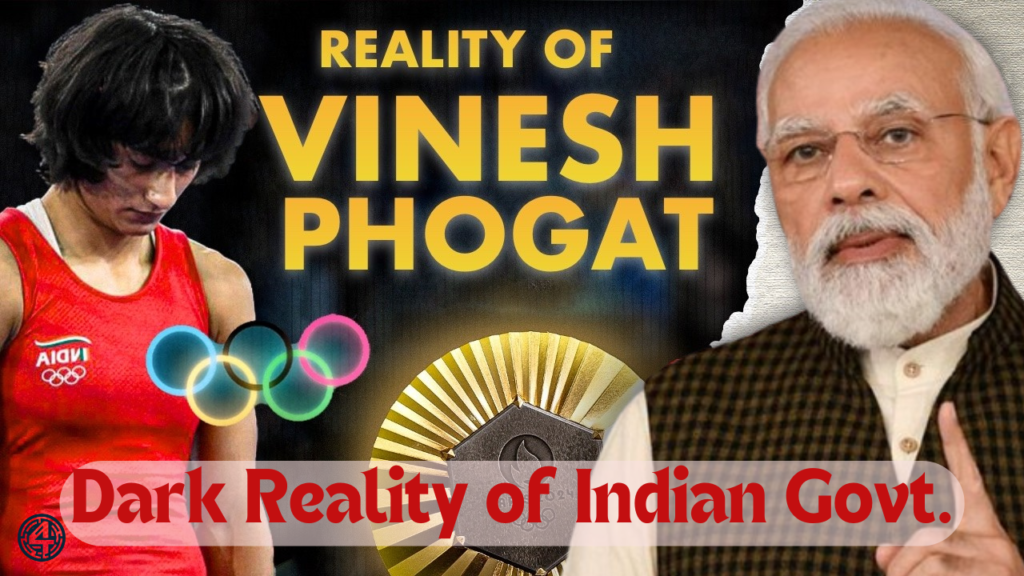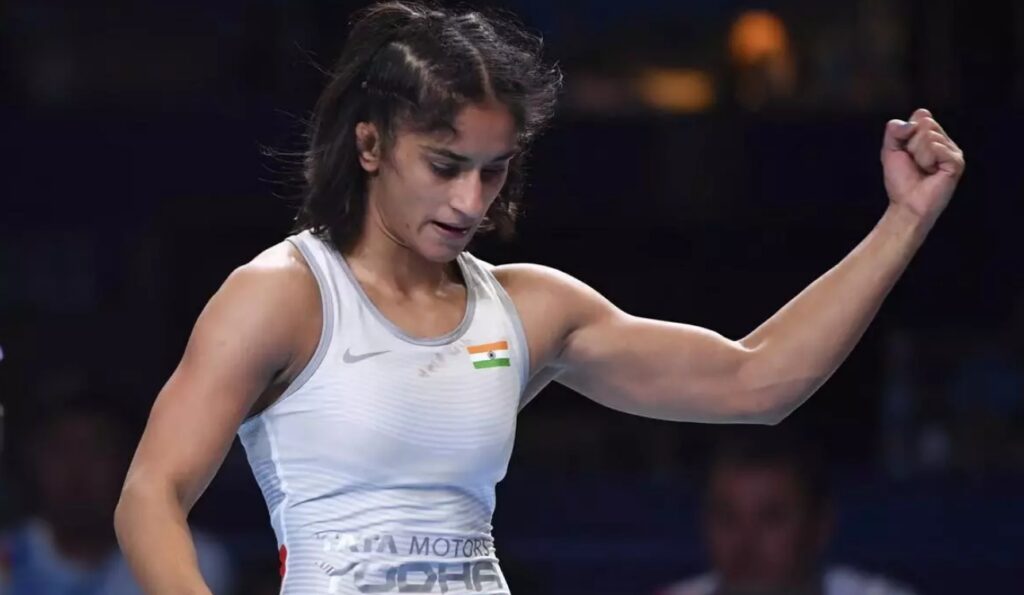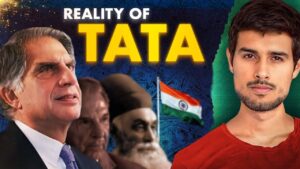The Conspiracy Against Vinesh Phogat: Unraveling the Controversy

The Conspiracy Against Vinesh Phogat - Trending4India
Vinesh Phogat, a name synonymous with wrestling excellence in India, recently found herself at the center of a swirling storm of controversy and alleged conspiracy. Her unexpected disqualification from the Paris Olympics has sparked a heated debate, drawing in various elements of politics, bureaucracy, and sports governance. Dhruv Rathee’s YouTube video on this topic has shed light on the distressing and complex situation surrounding Phogat’s career and the larger systemic issues at play.
The Unexpected Disqualification
Vinesh Phogat’s journey to the Paris Olympics was nothing short of heroic. After a series of impressive victories, including a dramatic win against the Tokyo Olympics gold medalist Yui Susaki, Phogat appeared poised to secure gold in her category. However, her dreams were dashed when news broke of her disqualification due to being overweight—by just 100 grams.
This seemingly minor infraction came after a grueling weight-cutting process that left Phogat physically and mentally exhausted. The disqualification occurred despite her having adhered to the prescribed weight management strategies and undergoing extreme measures to meet the weight criteria. The situation was exacerbated by the strict weigh-in window, which did not account for the last-minute fluctuations in weight that are common in competitive wrestling.
The Role of the Wrestling Federation of India (WFI)
The Wrestling Federation of India (WFI) has come under scrutiny for its handling of Phogat’s case. The organization’s oversight, or lack thereof, has been criticized, especially in the context of the inadequate support provided to Phogat. There were allegations that WFI’s internal politics and mismanagement contributed to the disqualification, overshadowing Phogat’s remarkable achievements and undermining her preparation for the Olympics.
Moreover, Phogat’s disqualification was reportedly influenced by internal conflicts within WFI, which had previously been a point of contention for other athletes as well. The fact that Phogat was competing in a weight class she was not naturally inclined towards, due to quota allocations, added another layer of complexity and potential mismanagement.
Political and Bureaucratic Fallout
The disqualification has also triggered a political backlash. The Indian Sports Minister Mansukh Mandaviya’s comments about the money spent on Phogat contrasted sharply with revelations about governmental spending on luxury items, highlighting a disparity in priorities and accountability.
Phogat’s subsequent retirement announcement further fueled the controversy. Her resignation was seen as a poignant symbol of the systemic failures within Indian sports administration. The lack of empathy and support from both the federation and politicians has been criticized as indicative of a larger problem within the country’s sports infrastructure.

The Athlete’s Struggle: Personal and Professional
Phogat’s journey is not just a tale of a single unfortunate incident but a reflection of her broader struggles. From battling personal loss and health issues to overcoming systemic hurdles and political machinations, Phogat’s career has been a testament to her resilience and dedication. Her story is reminiscent of the film “Dangal,” which chronicled her family’s wrestling saga and the societal challenges they faced.
Despite her immense talent and determination, Phogat has faced repeated challenges, including injuries and health crises. The mental and physical toll on her was compounded by the lack of proper support, further highlighted by her experiences at the Tokyo Olympics where inadequate medical support and a lack of a dedicated physiotherapist severely impacted her performance.
The Bigger Picture
Phogat’s story is more than a personal tragedy; it is indicative of systemic issues within Indian sports. The neglect of athlete welfare, the politicization of sports, and the inefficiency of sports bodies are all underscored by this incident. The debate around Phogat’s disqualification brings to light the urgent need for reform in the administration of sports in India.
Her case raises critical questions about how athletes are treated and supported by their federations and the government. It also highlights the need for better policies and practices to ensure that athletes are given the fair opportunities and support they deserve, without being bogged down by bureaucratic inefficiencies and political interference.
In conclusion, Vinesh Phogat’s disqualification from the Paris Olympics serves as a stark reminder of the numerous hurdles athletes face beyond the arena. As we continue to follow her story and the unfolding repercussions, it is crucial to advocate for a more transparent and supportive system for our athletes, ensuring that their dedication and hard work are honored and not undermined by administrative failures.






3 thoughts on “The Conspiracy Against Vinesh Phogat: Unraveling the Controversy”